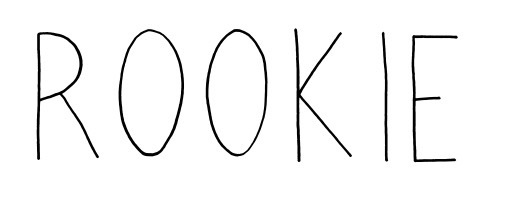 Wave: A Memoir of Life After The Tsunami by Sonali Deraniyagala
Wave: A Memoir of Life After The Tsunami by Sonali Deraniyagala
Published by Virago
Genre: Memoir, Non-fiction,
For fans of: books that will give you Sads, stories about surviving grief and healing
My rating: 3.5 stars out of 5
On the morning of 26 December 2004, on the southern coast of Sri Lanka, Sonali Deraniyagala lost her parents, her husband, and her two young sons in the tsunami that she miraculously survived.
In this brave and searingly frank memoir, she describes those first horrifying moments and her long journey since. She struggles through the months following the tragedy, furiously clenched against a reality that she cannot face and cannot deny. Then, over the ensuing years, she emerges reluctantly, slowly allowing her memory to take her back through the rich and joyous life she’s mourning, from her family’s home in London to the birth of her children, to the year she met her English husband at Cambridge, to her childhood home in Colombo.
Searingly frank? You can say that again
When I first started this book, I didn’t like it.
Deraniyagala’s description of the horrors she faced on that dreadful morning were, surprisingly, dull. Now, this is not me saying that I expected to be entertained by the tragedy she went through. Of course not. What I mean is that, at the beginning, this memoir was a little bit devoid of any palpable emotion. Numb. And that concerned me. How would I feel something if the narrator, the person who went through all this, doesn’t seem to be feeling anything, herself?
I kept going, because friends (Thanks, Dash!) who I have a lot in common with in terms of our tastes in books told me that this was incredibly emotional. So I took their advice and kept reading, and I’m beyond glad that I did.
As the book progressed, as we watched Deraniyagala heal and allow herself to remember the people she’d loved and lost, Wave became so painfully beautiful – almost unbearable in how emotional it got. I suspect that Deraniyagala wrote most of this in real time – as she felt these emotions washing over her, as these memories of her family came to her – because it’s all so so raw.
A lot of the reviews I’ve read about this book are… interesting, to say the least. Most reviewers claim to not like how cold Deraniyagala came off in the initial stages of the book – they didn’t like how she treated people, what she thought about people in her state of grief. The others were upset that this didn’t end on a more hopeful note.
And okay, while I’ll admit to not liking the way the author treated people just after her tragedy, I can’t judge her for it. I won’t. We all deal with grief and loss very differently – She was angry, she was hurt beyond conceivable repair, and she’d lost the people she loved the most in the world. She wasn’t the nicest person in the world after it – but would you have been? I probably would have been the same way, if I’d been in her shoes. I can’t even compute having to deal with that much loss and heartache. Her behaviour may not have inspired many people to root for her, but you know what? It was real, it was honest, and it could be any one of us in that same situation.
And for the people failing to see hope or a journey in this? Guys, take a look. She’s mending. This is something some people NEVER recover from. She lost her children, her husband and her parents. She lost her entire world. She was scared, she was angry, and she didn’t want to live. It may have taken her seven years, but she healed. Maybe she’s still healing, I don’t know. But as with the grief thing, people also heal in their own ways and their own times. Your mileage may vary, etc etc.*
All in all, Wave was a raw, haunting read, about life after incredible tragedy. This is a memoir about someone’s personal experience with tragedy that some people can’t even begin to imagine. It’s not here to be your lesson about tsunamis, depression, or how to move on with your life. There are other books for that, I’m sure. But if you must take some sort of lesson away from Wave, let it be this: It is possible to leave grief behind – it is possible to heal. Not everyone’s methods are the same.
* Sorry for the big speech. Some people just need to stop being so judgy and be a little compassionate. This is not fiction! These are real things that happened to a real person. Can we stop trying to presume that we’d do better than her if we were in her shoes?
GIVEAWAY ANNOUNCEMENT
In celebrating Sri Lanka’s 69th Independence Day (4th Feb), we’re hosting a giveaway to promote some of our wonderful local literature. The giveaway closes on the 28th of February (our time), so if you’re interested, HURRY!
CLICK HERE TO STAND A CHANCE TO WIN A FREE COPY OF THIS BOOK.

- More






